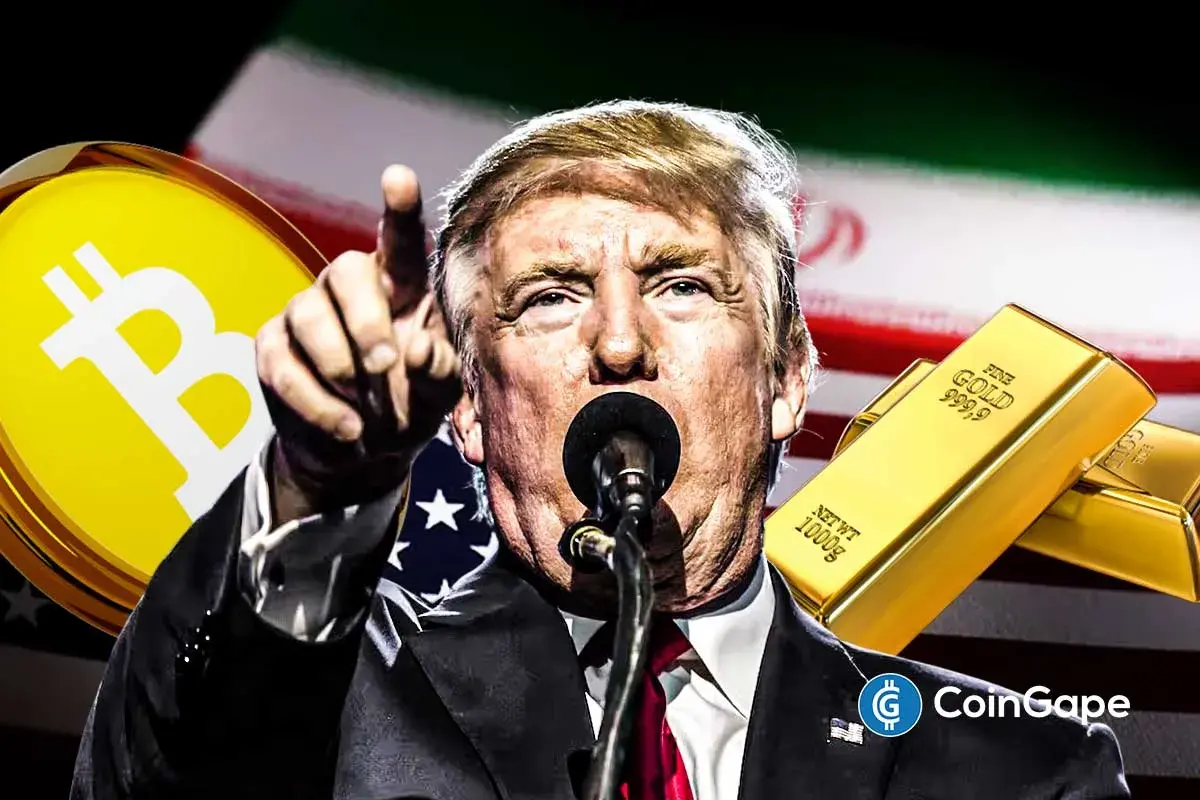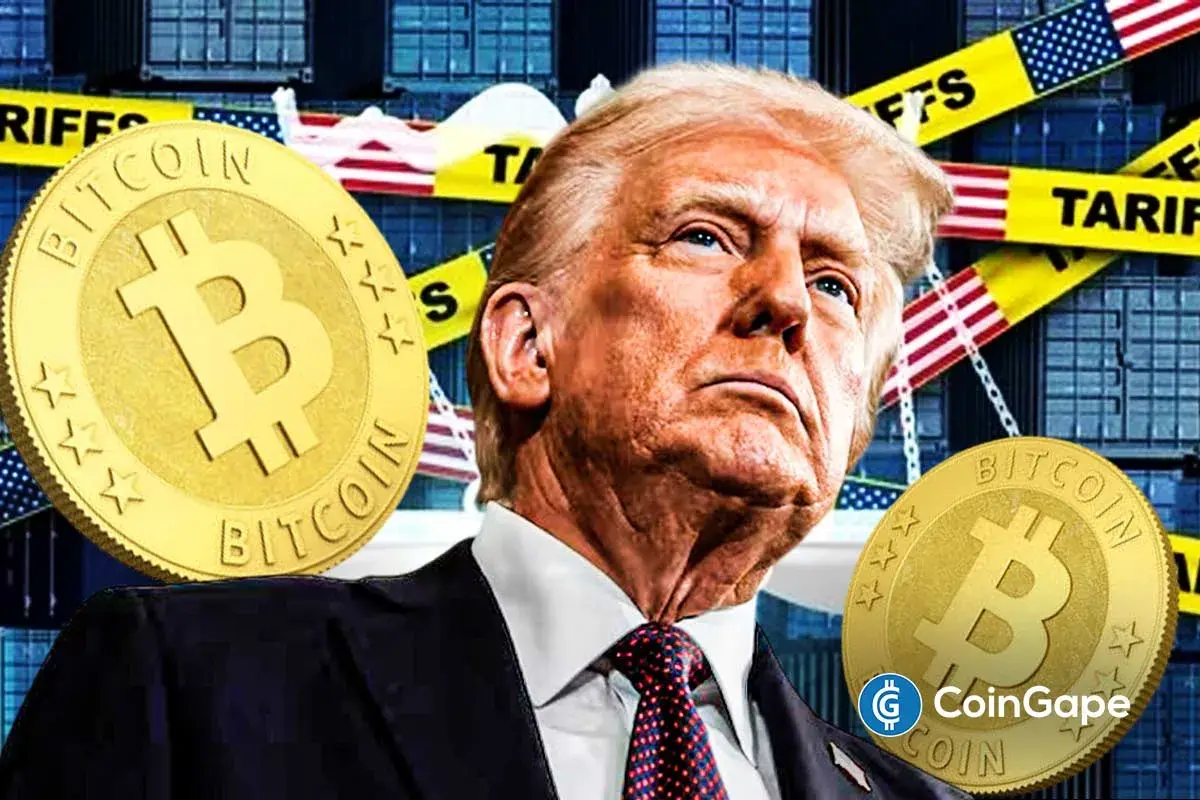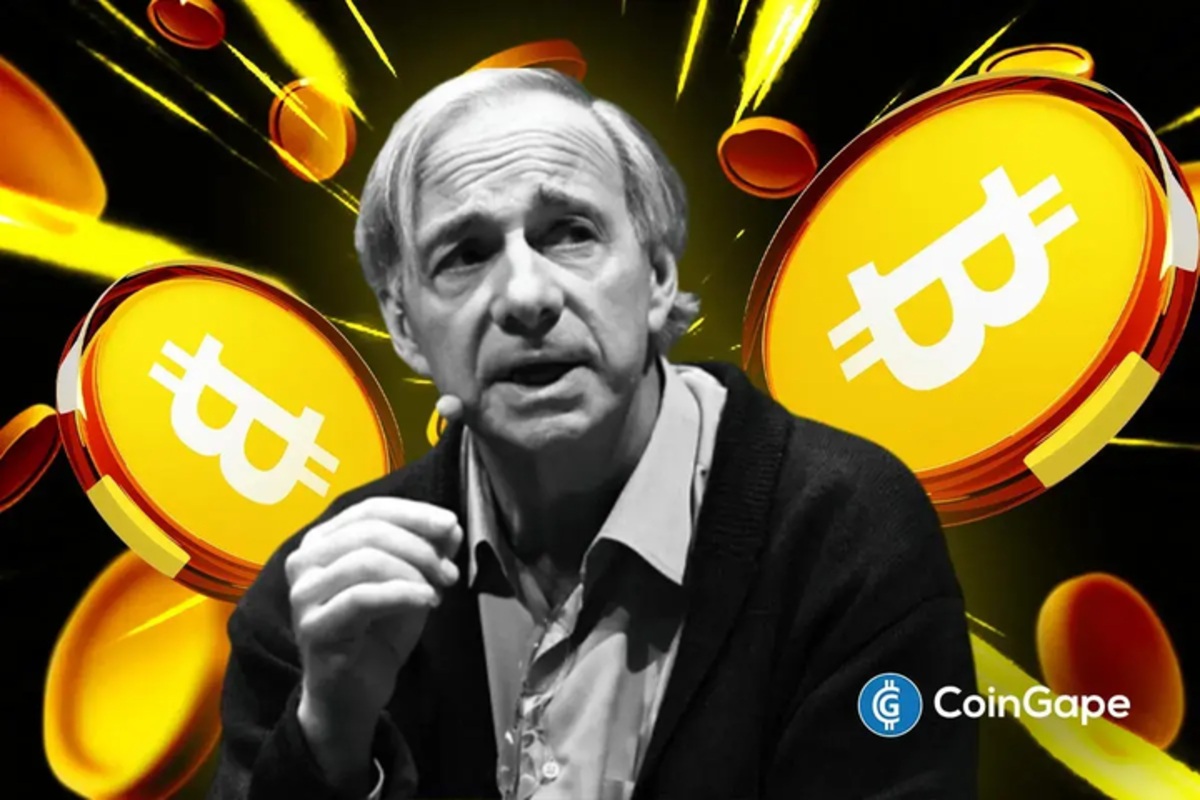Riot Platform’s Exec Highlights Decentralized Antagonism on Bitcoin Security

Highlights
- Riot Platform’s executive points to the utility of decentralized antagonism.
- The system ensures consistent rules despite the lack of central authority.
- Bitcoin adoption continues to soar with increased institutional participation.
Riot Platform’s Vice President of Research Pierre Rochard lauded the decentralized nature of Bitcoin creating a space for differing political dynamics. This solution creates for network rules to remain consistent and enforce without centralized intermediaries. Over the years, crypto users have pointed to blockchain decentralized systems to solve inherent problems with traditional finance
Rochard Hails Network Architecture
Pierre Rochard, a pro-Bitcoin executive restated views of the community in contrast to traditional finance models amid the recent adoption of crypto assets. In a July 13 post on X (formerly Twitter) noted that the decentralized nature of Bitcoin creates antagonism where players have limited incentives to unify. In addition to ensuring a lack of central control, it ensures a set of consistent rules across the board.
“In contrast, #Bitcoin operates as a peer-to-peer (p2p) decentralized network, where the political dynamics differ significantly. Within the Bitcoin network, the tendency is towards decentralized antagonism, where various tribes and individuals have little incentive to unify. This decentralized nature means there is no single entity with overarching control.”
Furthermore, the Riot Platform executive noted that the Bitcoin template as set out by Satoshi Nakamoto creates a solution that individuals gravitate towards driven by path dependency. In contrast to the decentralized antagonism, traditional systems work together creating monopolies. As Rochard highlighted, they operate as geographic monopolies of violence. This system has led to users having limited options in finance. In addition, it leaves little room for widespread innovation, unlike decentralized systems.
Traditional political systems typically operate as geographic monopolies on violence, exerting centralized control and unity over a defined territory. These systems consolidate power to maintain order and enforce laws through a central authority.
In contrast, #Bitcoin operates…
— Pierre Rochard (@BitcoinPierre) July 13, 2024
Bitcoin Model Drives Adoption
In the last decade, Bitcoin adoption has soared leading to an increasing price action. This year the assets hit an all-time high above $73,000 before corrections. Users have become attracted to Bitcoin for several reasons including its utility as a store one value and hedge against inflation. In addition to these, others are gleaned from the decentralized nature of the network and its price action over the years. Along the line, it earned the title as the digital gold.
Also Read: Why Chainlink (LINK) Price is Struggling Despite Big Whale Interactions?
Play 10,000+ Casino Games at BC Game with Ease
- Instant Deposits And Withdrawals
- Crypto Casino And Sports Betting
- Exclusive Bonuses And Rewards

- Why Experts Are Warning Bitcoin Rally Could Be A “Dead Cat Bounce”
- Bitcoin & Gold Bounce as Trump Admin Brokers US-Venezuela 1000 Kg Gold Deal
- SEC Advances Major Crypto Securities Plan to White House for Approval
- Peter Brandt Flips Bullish, Predicts Bitcoin Rally As Price Holds Above $70k
- XRP News: Institutional Use Case Expands as Doppler Finance Integrates WXRP for Multi-Chain Access
- Dogecoin Price Outlook as BTC Recovers Above $73,000
- XRP Price Prediction as Iran-U.S. Peace Talks Trigger a Crypto Rally
- COIN Stock Analysis as Bitcoin Retests $72k Ahead of February NFP Data
- Robinhood Stock Price Prediction As Cathie Wood Buys $12M Dip in Bold ARK Move
- Bitcoin Price At Risk? Professor Who Predicted US-Iran War Says America Could Lose
- Gold Price Prediction March 2026: Rally, Crash, or Record Highs?

 Buy $GGs
Buy $GGs

















